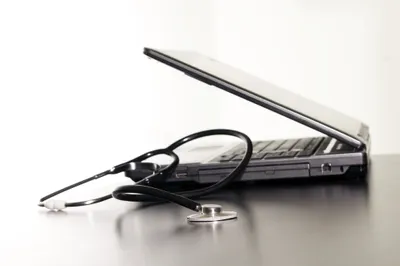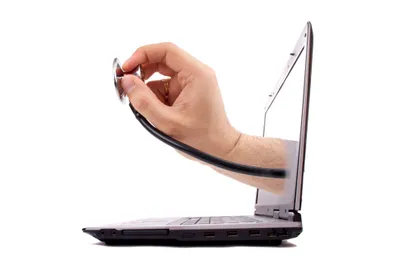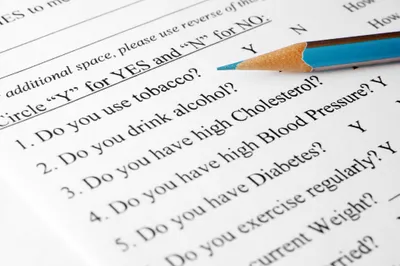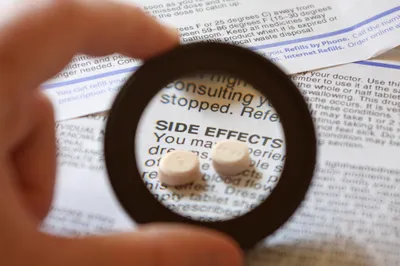You have a weird rash. You should just go to the doctor, but you just don’t have the money. You’re not sure what to do. So you do what thousands of other Americans do—you check your symptoms online.
Reaching for your computer is the new norm when it comes to shedding light on your health. However, just because many online symptom checkers claim to be able to help you make accurate diagnoses; doesn’t mean you should take the results as fact.
1. Symptom Checkers Provide a Wide Spectrum of Conditions
For example, if your son has a stomach ache, you may consult an online symptom checker with a visual body map. So when you place your cursor over the abdomen on the body map, you’ll get a vast menu of possible symptoms for that area—including everything from constipation to an intestinal tumor.
2. Symptom Checkers Can Cause Panic
If you look at the range of conditions just associated with a simple headache, you can see how easy it is to jump to the worst, most severe conclusion. That’s why we should use these online diagnosis tools with sense in mind. It’s easy to head off in the wrong direction if you have a killer migraine, especially if a computer is telling you that you might have a brain tumor and you don’t have any medical training to help you differentiate.
3. Symptom Checker Images are Poor Quality
It’s rather easy to make-up your mind that the rash your child has is the chickenpox and not poison ivy or an allergic reaction when you have a visual to back you up. However, keep in mind that before you rush into emergency with a firm diagnosis of chickenpox, the pictures used on symptom checkers are often poor quality.
4. Symptom Checkers Focus on Single Symptoms
It’s easy to focus on the worst symptom—such as a rash—if it’s the most apparent. However, because we are not doctors; we don’t consider a wide range of symptoms like a doctor should and this can lead to a misdiagnosis.
5. Symptom Checkers Can’t Examine the Patient
When you consider the one-way access that a computer has to a patient trying to make a self diagnosis, you can understand right away that your computer just can’t test your heart beat or check your blood glucose, or perform a physical examination like your doctor or a health professional can.
6. Symptom Checker Tools Assume the Patient is Healthy
Online symptom checkers don’t often consider or ask for underlying medical conditions. They start off with the assumption that the patient is generally healthy. However, if you’re searching for a diagnosis for a child with severe asthma, or Crohn’s disease, you need a medical professional with this background history to make an educated diagnosis.
7. Symptom Checkers Don’t Know Your Health History
A symptom checker has no idea what the medical history is of the person using it. And let’s face it; patient’s medical history can be a major determining factor, the clue to the vital question needed to uncover your health mystery with accuracy.
8. Symptom Checkers Can Worsen Mental Health
If you have any sort of mental disorder—particularly depression or anxiety—using an online symptom checker can exacerbate feelings of helplessness and paranoia. They can also lead you to worry about a wrongly diagnosed illness or condition that you don’t even have. Leave the diagnosing to your medical professional.
9. Symptom Checkers Can Lead to Harmful Treatments
If you use an online symptom checker to self diagnose and then just go to your local drugstore for an over-the-counter treatment, you might actually be doing yourself more harm than good. Without an accurate diagnosis, for instance, you may believe you have a yeast infection when you actually have a sexually transmitted disease. As a result, you may prolong treatment and potentially use a medicine that may do further damage.












